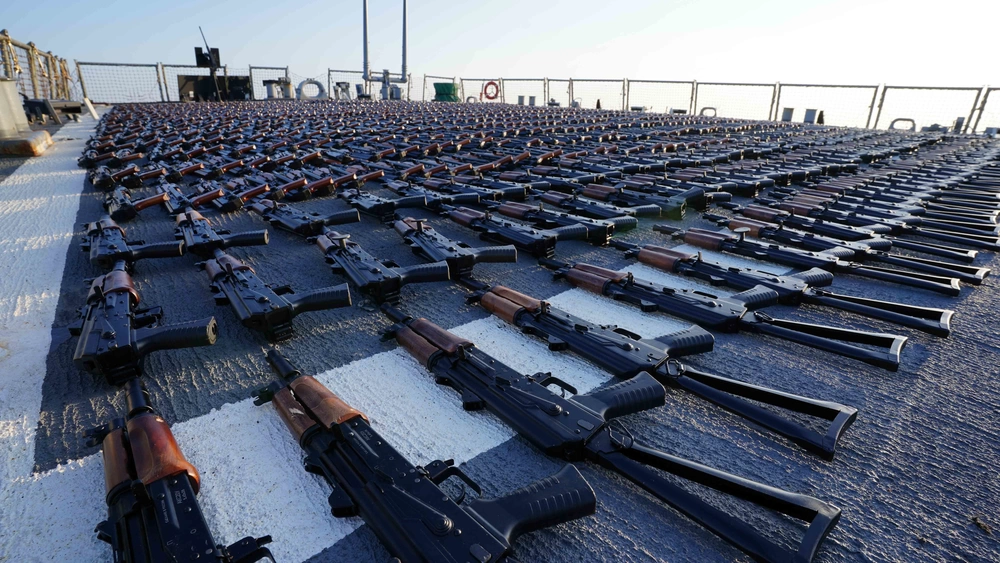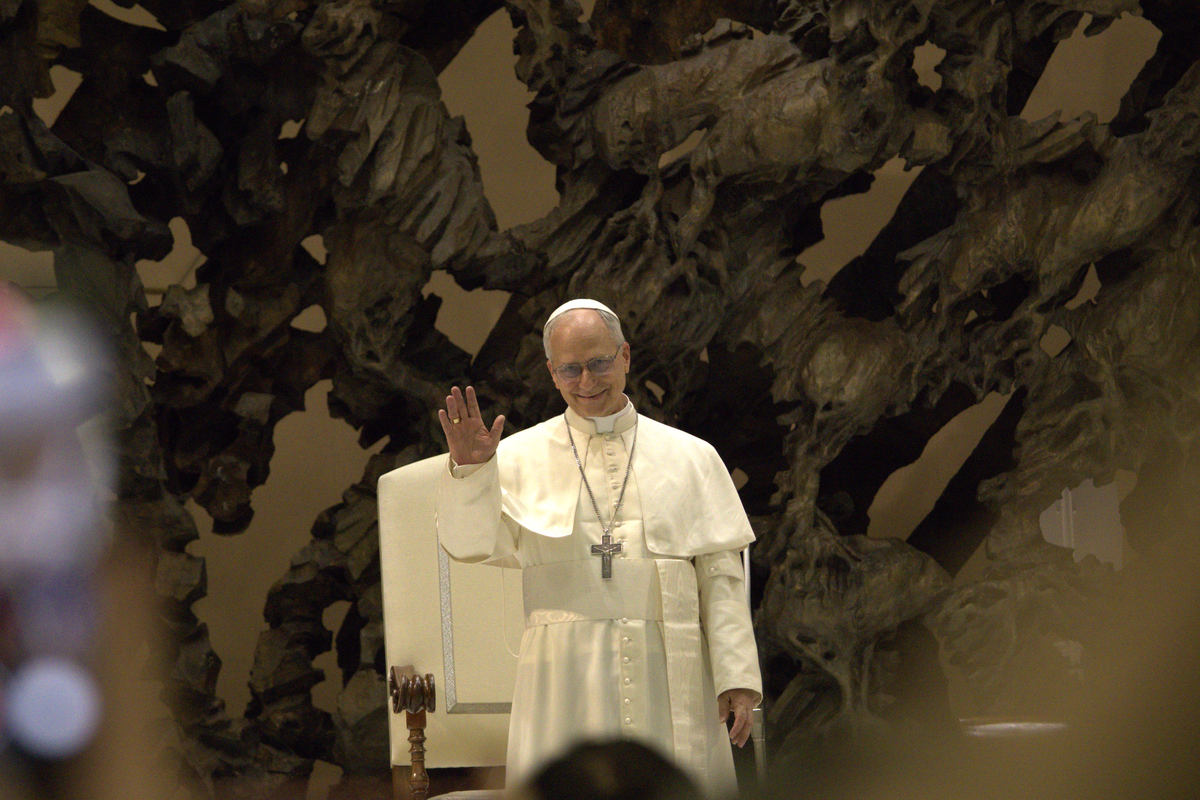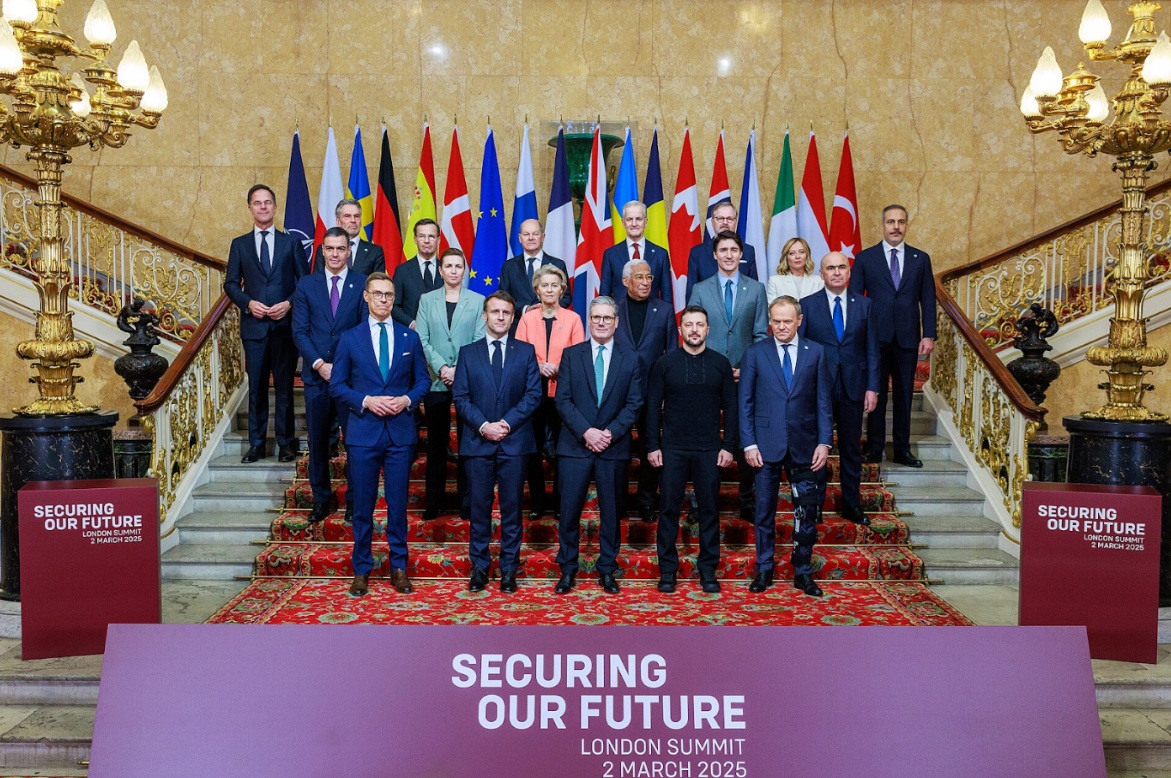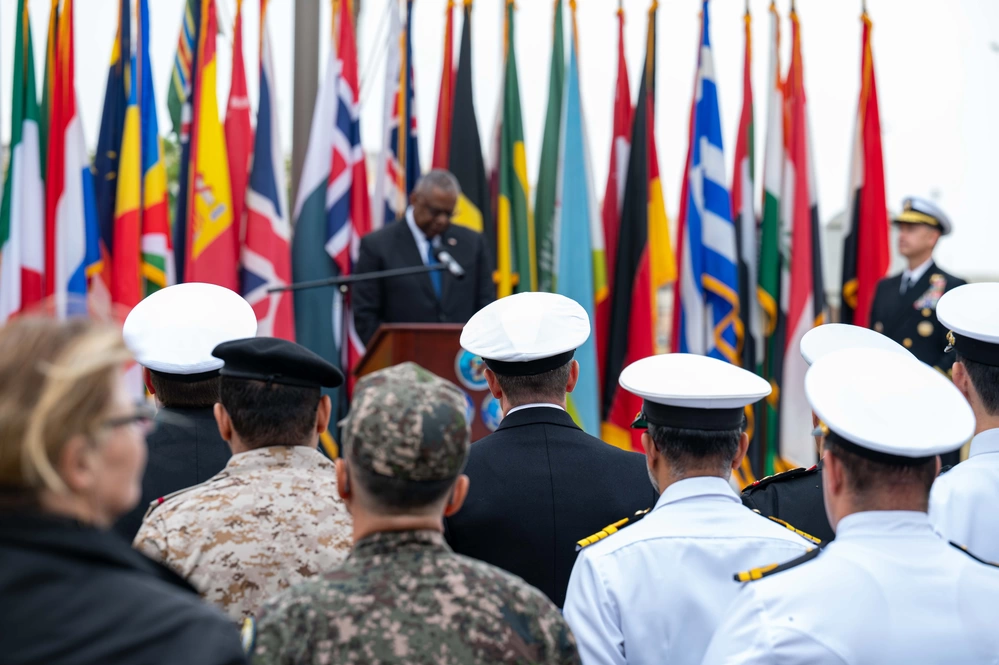How might Iran try to maintain deterrence against a Trump-led United States?
Donald Trump has taken a hawkish stance on Iran, after pulling out from the JCPOA nuclear deal during his first term. Iranian officials are worried that Trump may initiate kinetic strikes on Iranian nuclear facilities to stop them from getting the bomb. The IRI is therefore trying various methods to create deterrence by punishment. Iran (accurately) views nuclear weapons as key to its survival, influence and attempts at regional hegemony, and almost certainly would be unwilling to accede to any Trump demands. Iran’s primary domestic issue, the economy, has appeared to slightly stabilize. However, water and ethnic divides continue to be a source of internal unrest for the country.
Option one for Iran is retaliatory kinetic strikes. While previous strategic long-range fires have been symbolic more than practical, Iran maintains the capabilities to deliver significant munitions via either drones or conventional missiles. This may also have the added effect of discouraging U.S. allies from hosting bases. Possible targets include American theatre installations, and (perhaps credible) threats have been made to strike the Anglophone base on Diego Garcia.
A second option is that Iran may also seek to influence the U.S. president. Possible mechanisms of action include a quid-pro-quid deal that benefits Trump personally or manipulation of key advisors. The most likely intervention would be disruptions to the naval oil trade near the Arabian Peninsula. This would both have a traditional deterrence effect, and threaten cost-push energy inflation worse than in Biden’s term, with the obvious political consequences.
Finally, Iran may also try to strike Israel, a perennial foe. Although this may limit their strike package, it would possibly minimize the American response and give Iran diplomatic cover with other Middle Eastern polities. Israel maintains a close tie with Trump, but the administration’s “America First” and isolationist focus may create a principal-agent problem.
It is possible Iran may use their proxies for this goal. Unlike its proxies in Lebanon and Israel/Palestine, the Yemeni Houthis and Iraqi PMF militias maintain significant capabilities and loyalty. However, Iran has shown that it prefers to act openly when it desires attention, as with the failed medium-range strike on Israel.
This article relies heavily on the following report, but original commentary and opinion are by the author.
Campa, Kelly, et al. “Iran Update, March 31, 2025.” Institute for the Study of War (ISW), 31 Mar. 2025, www.understandingwar.org/backgrounder/iran-update-march-31-2025. Accessed 1 Apr. 2025.









